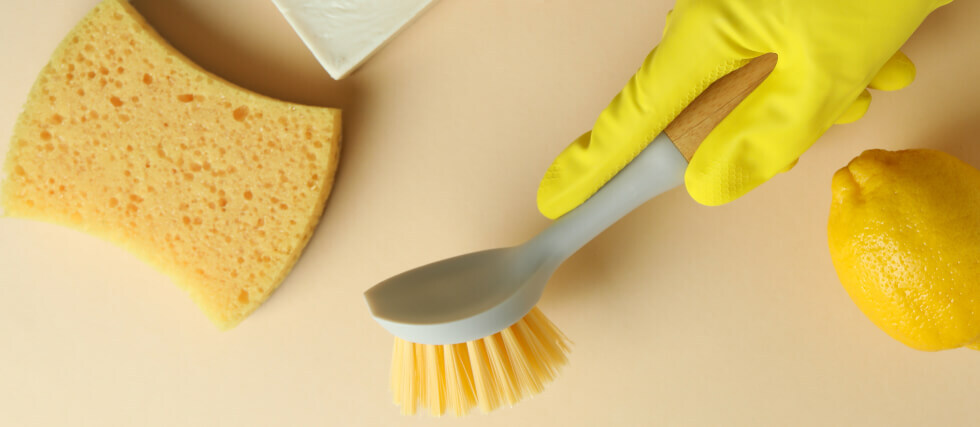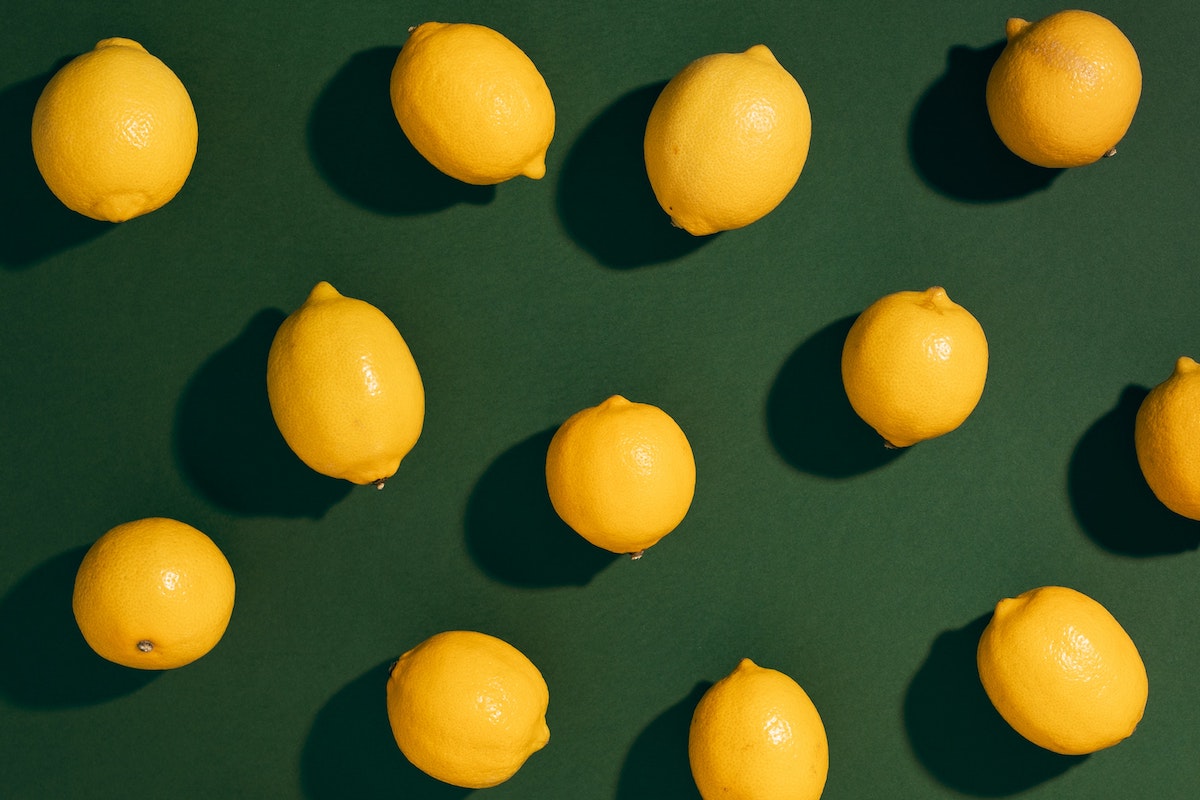When Life Gives You Lemons – Clean Your Entire Home
Discover the magic hidden inside a simple lemon. These sunny citrus fruits aren’t just for lemonade – they’re natural powerhouses perfect for brightening your laundry, deep-cleaning your home, and banishing pesky odors. Here’s how lemons can effortlessly elevate your household routine, leaving your space cleaner, fresher, and full of zest.
Here are a few good ways to put the humble lemon to work!
Lemon Fresh Laundry Magic
Lemons are nature’s secret weapon for brightening your laundry. Packed with natural citric acid, lemons gently whiten clothes, removing stains and dullness without harsh chemicals. To give your whites a sparkling boost, simply squeeze fresh lemon juice into your washing cycle or soak whites in lemon-infused water before washing.
Citrus-Powered Cleaning
Harness the antibacterial and deodorizing powers of lemons to effortlessly tackle household grime. Cut a lemon in half, sprinkle it with salt, and scrub bathroom fixtures and tiles to remove stubborn soap scum, leaving behind a sparkling, citrus-scented shine.
Kitchen Revival
Refresh and sanitize cutting boards naturally by rubbing them with lemon halves and then rinsing them thoroughly. This simple trick eliminates stains and lingering odors, keeping your kitchen fresh and clean.
Say Goodbye to Odors
Lemons are excellent odor eliminators. Place lemon slices in your refrigerator, garbage disposal, or trash bins to neutralize unpleasant smells. Simmer lemon peels on the stovetop for a fragrant boost, instantly freshening your home’s air.
Citrus Ambience
Create a bright and cheerful atmosphere effortlessly. Add lemon slices to water bowls or flower arrangements for a refreshing look and subtle fragrance. Lemons enhance your home’s décor and uplift your mood with their vibrant scent and visual appeal.
Embrace these simple, effective, lemon-based solutions to naturally brighten your laundry, clean your home, and enhance your everyday life!





